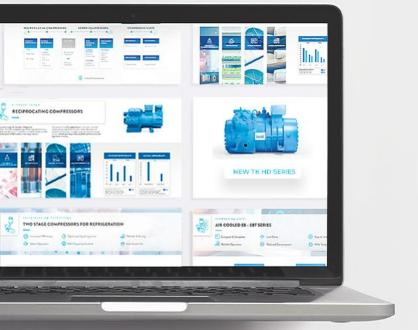Global spending on infrastructure will total $90 trillion in the next 15 years and is the key to greener economic growth after the Paris agreement on climate change won a formal go-ahead, a study said on Thursday.
A global commission, including former heads of government, business leaders and economists, said resilient infrastructure from the design of roads to rural water supplies could limit both global warming and pollution and ensure economic growth.
"Investing in sustainable infrastructure is the wisest decision we can take for our future," former Mexican President Felipe Calderon, head of the Global Commission on the Economy and Climate, said in a statement.
On Wednesday, the 2015 Paris Agreement on climate change passed a key threshold of support needed to enter into force in what President Obama hailed as a historic day for protecting the planet.
"We have agreed a global climate agenda, now we should act on it," Calderon said.
The study took a broad view of infrastructure saying it encompassed energy supplies, public transport, buildings, water and sanitation as well as what it called the "natural infrastructure" of forests and wetlands.
Overall, it projected infrastructure investments from now until 2030 of around $90 trillion, roughly double recent levels and mostly in developing nations and cities.
Investment needs will rise partly because of a rising global population. A billion more people will live in urban areas by 2030, roughly the equivalent of building a city the size of Washington every month, Calderon told Reuters.
The projected investments in the period to 2030 are slightly bigger than the World Bank's estimate of global gross domestic product of $73 trillion for 2015.
The report called for a rapid phase-out of fossil fuel subsidies, which it estimated at $550 billion in 2014, to help greener investments, and wider pricing of emissions of carbon dioxide, the main man-made greenhouse gas.
RELATED COVERAGE
Pro-coal Poland approves climate deal
Nicholas Stern, of the London School of Economics and a co-chair of the commission, said governments and investors needed to adopt new policies for investments in the next two or three years, given long lead times.
He said the world economy had been weak since the financial crisis around 2008, despite government attempts to spur growth.
"Many things have been tried, but what hasn't been tried properly ... is strong investment in sustainable infrastructure," he told an online news conference.

























